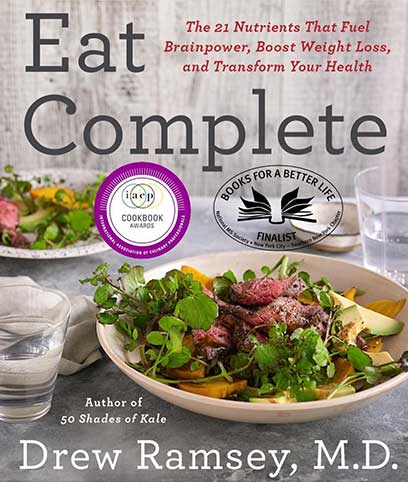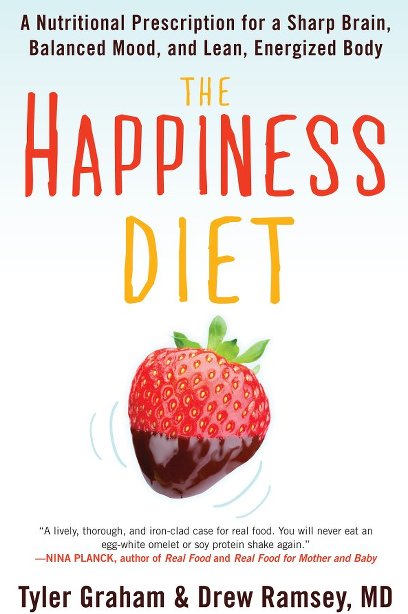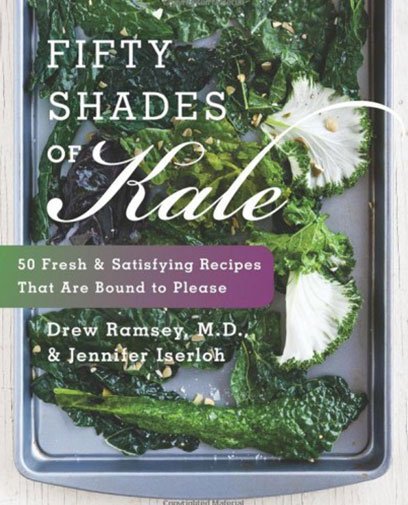My moment of truth professionally came in 2014 at the American Psychiatric Association annual conference. I had picked up on the increased interest in Nutritional Psychiatry, but I was still concerned with what my colleagues might think.
To my surprise, my concern was unfounded. Emily Deans, MD and I led a workshop, Brain Food: From Bench to Table with some big names in the field, depression researcher Roger McinTyre, MD and one of my mentors Phil Muskin, MD, Professor of Psychiatry at Columbia University.
Looking out at the audience, doctors were clamoring to get in and even sat in the aisles. Psychiatrists were eager for a conversation about food and brain health. The next year at the conference in New York, we packed a huge room with over 400 psychiatrists and a few years later, acclaimed Chef David Bouley presented. Food was becoming a part of our mental health conversation.
Then in late July 2017, the first ISNPR conference was held in Washington, D.C. with all the big names in the nutritional psychiatry field. My US brainfoodie colleagues Emily Deans, Laura Lachance and I presented our clinical work to a room filled with the many researchers we had been reading for years: Felice Jacka, John Cyran, Michael Crawford, Joe Hibblen, Tasmine Akabarly and Almudena Sanchez-Villegas. It was historic and thrilling.
Knowing how impactful food can be for mental health, I became determined to help psychiatry pay attention to food. And I wanted to the public to pay more attention to their brain health and mental health, after all this great way to open up conversation about mental health.
Over the years, as the movement has grown, so too has my desire to bring these important lessons to a wider audience.
With that end in mind, I mapped out the basics of Nutritional Psychiatry and the top foods to eat for brain health in my cookbook Eat Complete. To my knowledge, this is the first time the term “nutritional psychiatry” has been used in a cookbook. I wrote Eat Complete as a prescription for your brain health and wellness, intended to help you cut through the controversies and eat with confidence. After all, your brain is your most important asset.
Brain Fat: What Got Me Into Nutritional Psychiatry
About 50–60 percent of the dry weight of your brain is fat, especially the omega-3 fatty acid docosahexaenoic acid (DHA). Getting the right fats becomes critical for a healthy brain free of disease. That concept — and looking at the research about omega-3 fatty acids — sparked my initial passion for nutritional psychiatry.
Think of DHA as the main omega-3 structural fat in your brain and helps brain cells do their magic by influencing the function of the cell membrane. Both dietary intake and brain tissue levels of DHA directly correlate with our brain health. Low DHA increases the risk of postpartum depression by six times!
Levels of the other main long-chained dietary omega-3 fatty acid, eicosapentaenoic acid (EPA), is a predictor of mood disorders including depression. EPA is more involved with regulating inflammation and changes our blood’s ability to clot, a bit like a baby aspirin.
These two omega-3 fatty acids — DHA and EPA — are abundant in wild-caught cold-water seafood. They have received substantial attention for benefitting many brain diseases including anxiety and depression.
Researchers hypothesize that your brain tissue is so rich in these fatty acids because our Paleolithic ancestors often settled around lakes and seas, where access to these foods was abundant.
“The presence of key brain nutrients and a rich energy supply in shore-based foods would have provided the essential metabolic and nutritional support needed to gradually expand the hominid brain. Abundant availability of these foods… formed the basis of language, culture, tool making and hunting. “ Stephen Cunnane, PhD, Survival of the Fattest.
Once we ate about an equal ratio of omega-3 and omega-6 fatty acids, yet today that number has dramatically shifted in favor of more “pro-inflammatory” omega-6 fats as processed and convenience foods proliferate and fewer omega-3 fats.
Researchers attribute this increased intake of inflammatory fats and reduced intake of anti-inflammatory fats like DHA with many brain diseases, including depression and anxiety disorders.
Nutritional Psychiatry: An Evolving Science
As science continues to advance, it’s become easier to see the impact food has on our brain health. You have in your possession the most complex structure in the known universe, a human brain—but most of us, myself included, were never taught how to optimally fuel it. Human brains are awesome…and they are fragile.
Whether you identify as Paleo, keto, or vegan, you can put nutritional psychiatry into play to improve your own brain health and mental health. I’ve seen the benefits repeatedly in my practice:
- A patient with panic attacks was largely cured by eating more frequent small meals and more protein, like having eggs for breakfast.
- A woman in her thirties noticed a significant reduction in her severe depression and mood swings after cutting out most processed foods and sugars introducing more seafood and lentils into her food plan.
- A teenager who was irritable and argumentative with his parents became more reasonable with them after starting his day with a fruit, yogurt, and nut smoothie.
Your brain deserves the best and I’m determined to help people incorporate these principles of eating for brain health into their lives. That’s why I’m thrilled our team is offering the first Nutritional Psychiatry clinical training at the Omega Institute this fall.
I’ve created an e-course called “Eat to Beat Depression” to help people understand the new science of brain health and nutrition and take action in their lives.
We’re in the infancy of this field, and over the coming years, we’ll see newer studies and I suspect the evidence will continue to show the many brain benefits of eating well. Sometimes, with our public health and mental health in such dire straits, I wonder why we wait for more evidence? Food interventions can be added on to any mental health treatment and is a piece of mental health self-care we can all do every day. You can start right now, at your very next meal.
I like food as an intervention because it empowers people. You can see firsthand how your choices — what you put on the end of your fork — matter.









